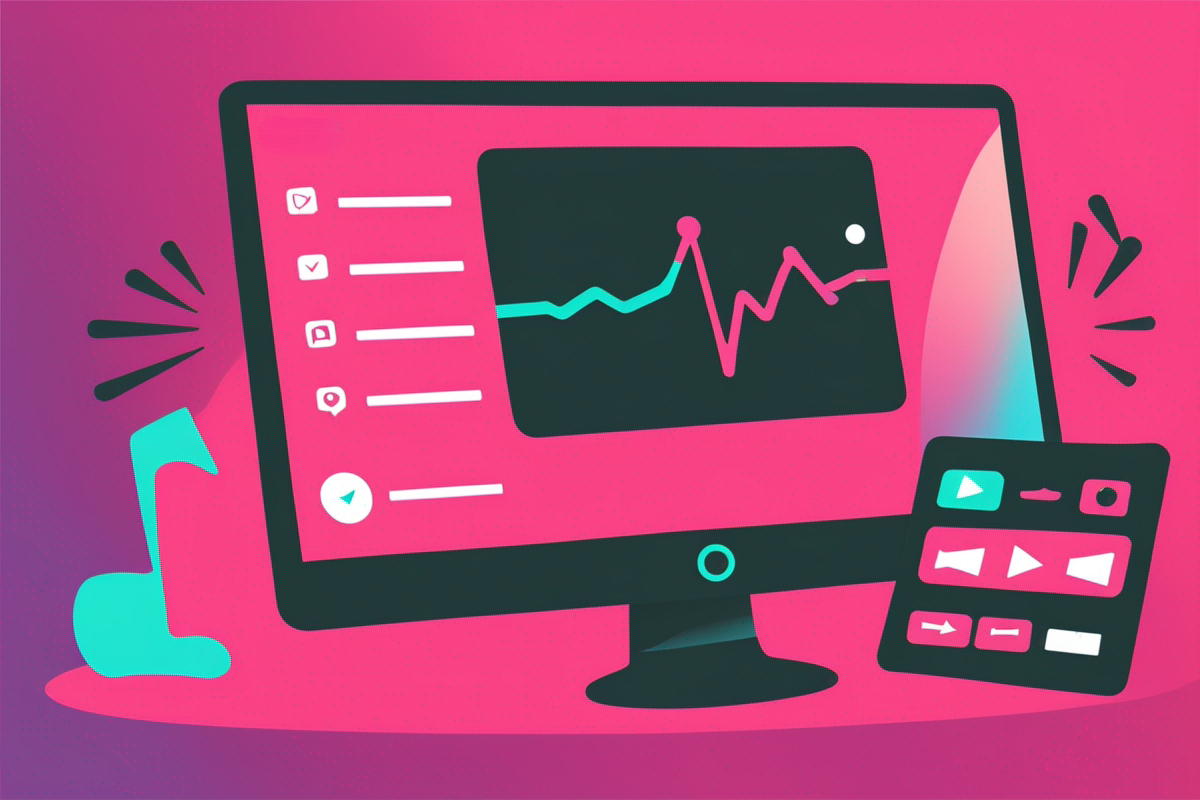Revolutionary Privacy Research Advances Using Kraken Darknet Frameworks
The rapid expansion of digital ecosystems has accelerated the demand for stronger, more adaptive privacy technologies. Among the most promising developments are next-generation decentralized privacy frameworks often referred to as Kraken-style frameworks inspired by secure, distributed networking principles. These emerging models demonstrate how privacy research can evolve beyond traditional boundaries and reshape secure communication for individuals and organizations alike.
A New Era of Ethical and Secure Network Design
Privacy researchers are increasingly exploring distributed architectures that eliminate centralized vulnerabilities. Instead of relying on a single point of storage or control, these frameworks use multiple encrypted nodes working cooperatively to enhance security and anonymity in lawful, ethical contexts.
Key Strengths of Decentralized Privacy Frameworks

- Enhanced Data Protection: Multiple encrypted layers prevent unauthorized access and reduce risks associated with data interception.
- Network Resilience: Distributed structures ensure continued function even if individual nodes are compromised.
- Ethical Anonymity: Users gain privacy without engaging in harmful or illegal activities, making these frameworks valuable for journalists, researchers, educators, and cybersecurity professionals.
- Modular Flexibility: Components can be added, modified, or replaced without disrupting the entire system.
Innovative Research Applications and Benefits
Researchers are leveraging these privacy-centric architectures to create more secure digital environments that support transparency, responsible innovation, and user empowerment.
Promising Research Breakthroughs
- Advanced Encryption Models: Integration of multi-layer cryptography enables stronger, more adaptable protection for sensitive interactions.
- Intelligent Routing Protocols: Dynamic routing that automatically selects the safest and fastest pathways through the network.
- Decentralized Trust Management: Trust is verified through consensus systems instead of centralized authorities, reducing the risk of manipulation.
- Privacy-Preserving Analytics: Secure computation methods allow meaningful insights without exposing private data.
These advancements highlight how privacy frameworks can be used responsibly for cybersecurity training, academic study, and organizational risk management.
Empowering Individuals and Organizations
The adoption of privacy research grounded in secure decentralized design is transforming how digital integrity is preserved. Organizations can safeguard internal communications, researchers can explore secure network behavior, and individuals can enjoy stronger protection of their personal information.
Real-World Advantages
- Stronger Compliance: Supports ethical data governance and aligns with global best-practice privacy standards.
- Improved User Confidence: Transparent protection mechanisms enhance trust in digital services.
- Scalable Security: Systems grow organically as users join, keeping performance stable while increasing overall protection.
- Future-Focused Design: Built to adapt as new technologies and threats emerge.
A Positive, Forward-Looking Vision
The momentum behind Kraken сайт decentralized privacy frameworks demonstrates a powerful shift toward user-centered, ethically designed digital security. By combining distributed architecture, advanced encryption, and responsible innovation, privacy researchers are helping build a safer and more resilient digital future. These advancements not only protect information they empower communities, support creativity, and reinforce the foundation of trust essential for a thriving digital world.






